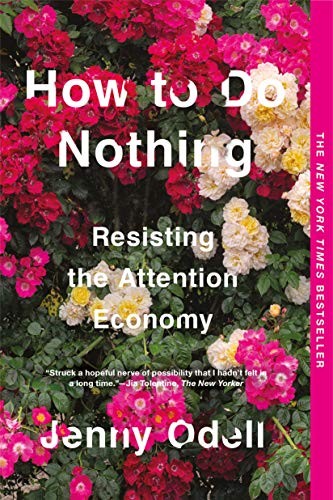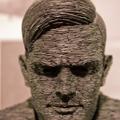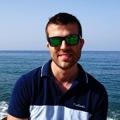Kilian reseñó How to Do Nothing de Jenny Odell
Stretching out the perception of time
1 Star awarded to myself for finishing this book because it is so meandering and pretentious. I agree with a couple of the premises in this book but I couldn't bear another story about some art piece or anecdote about teaching/bird watching/etc.
1 Star awarded to myself for finishing this book because it is so meandering and pretentious. I agree with a couple of the premises in this book but I couldn't bear another story about some art piece or anecdote about teaching/bird watching/etc.





